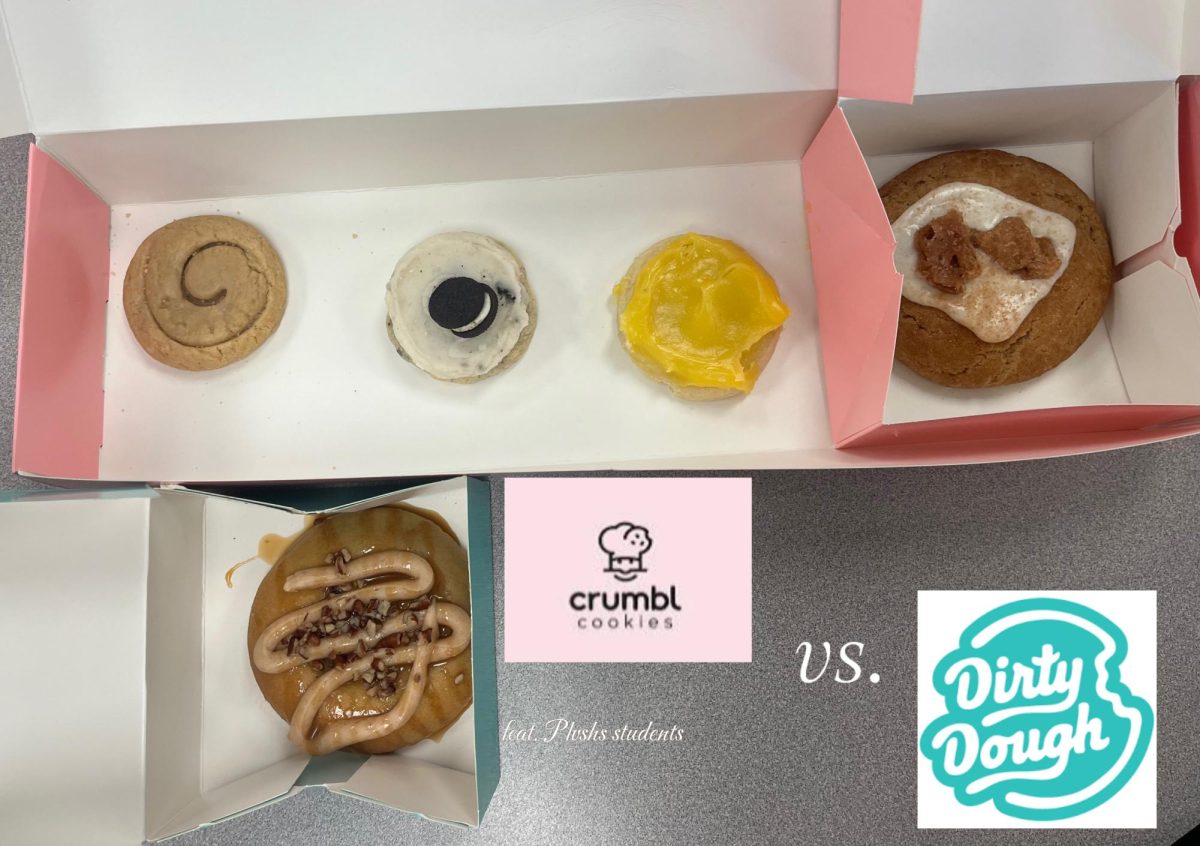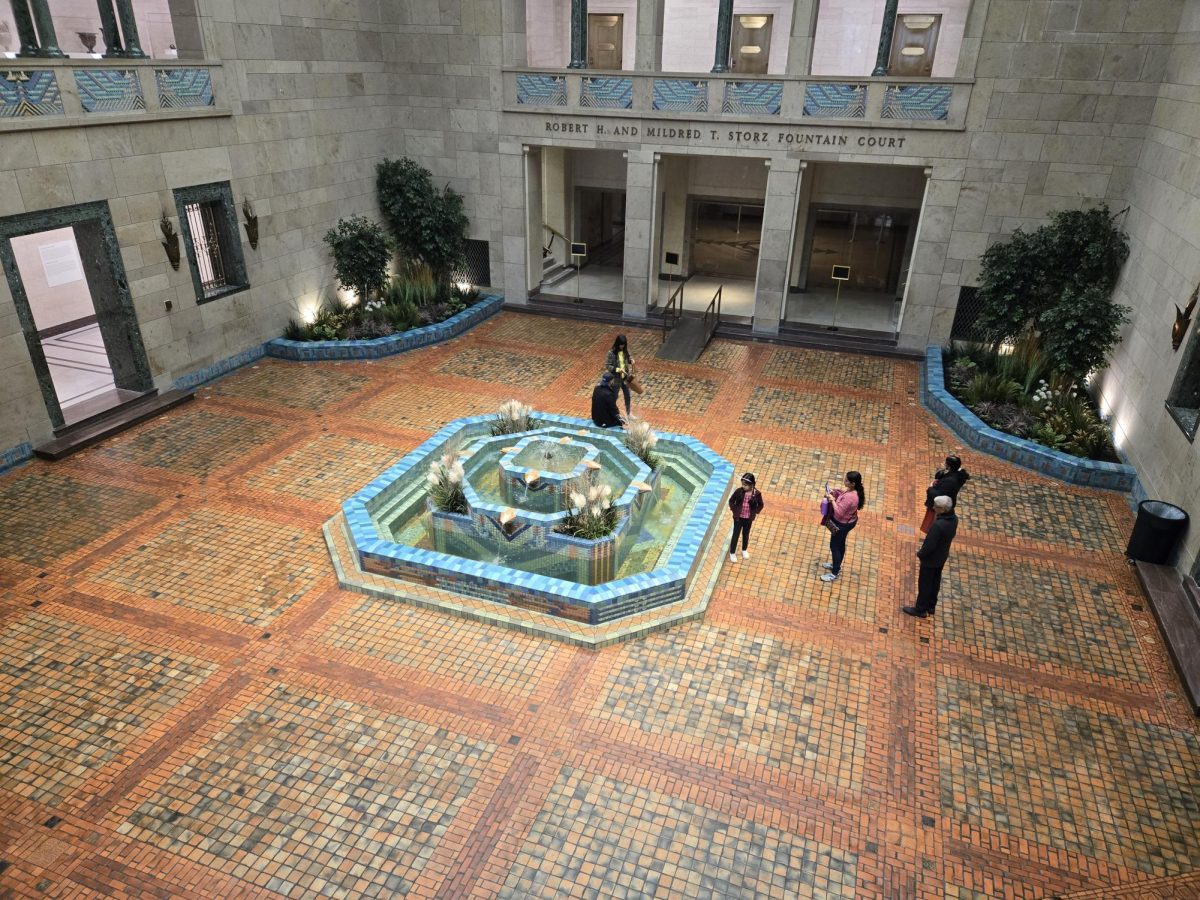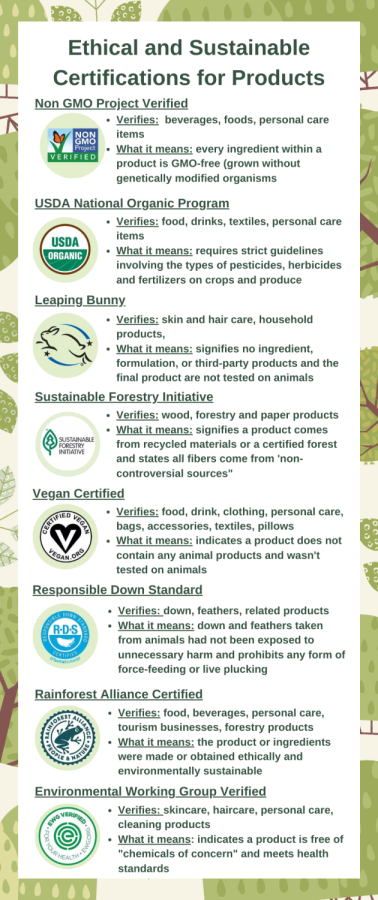Small steps to a sustainable life
Setting a precedent of eco-friendly consumerism and practices for future generations
Whether living on your own is in your near future or you are already there, taking the time to consider eco-friendly and sustainable alternatives can benefit more than just Mother Nature. Protecting our planet’s resources and beauty is crucial not only to our generation but to all those after. Take a step forward to preserve Earth one change at a time by starting an environmentally friendly lifestyle.
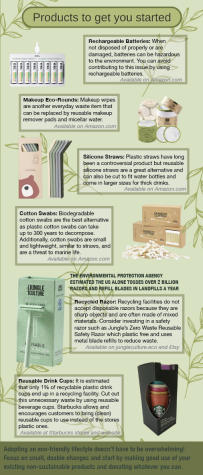
What is sustainable consumerism?
National Geographic defines sustainability as using natural resources responsibly. Based on that definition, sustainable consumerism is the practice of providing for present necessities without compromising the needs of future generations. Small efforts such as switching to reusable food bags and beeswax food wrap are just as important as substantial lifestyle changes like going vegan or living a zero-waste life. If everyone makes an effort to reduce one’s carbon footprint, our planet can slowly begin to recover.
Why your actions are important
Despite making up only 5% of the world’s population, the United States is the No. 1 waste-producing nation in the world. The future of our planet is dependent on changes that will reduce humanity’s effect on the environment. In the Sixth Assessment Report of the Intergovernmental Panel on Climate Change, the foreword states: “Unless there are immediate and deep emissions reductions across all sectors, limiting global warming to 1.5 C [degrees Celsius] will be beyond reach.”
Online Shopping
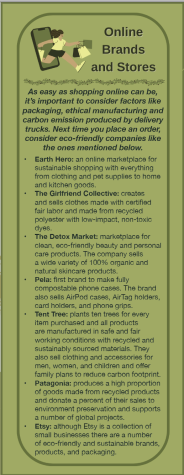
Although online shopping is becoming more and more environmentally sustainable, as some companies invoke large changes to reduce carbon emissions, some companies lack in environmental policies necessary to neutralize the climate crisis. Carbon emissions from delivery trucks and pollution from factories damage the ozone layer, negatively affecting the environment. However, some large companies are setting a precedent for environmentally sustainable policies. For example, Amazon delivered over 100 million packages using zero-emission vehicles in 2021, and the retail giant is on a path to use 100% renewable energy for manufacturing operations by 2025.
Fast Fashion
According to the World Resource Institute, so-called “fast fashion” produced more CO2 emissions than international air travel and shipping combined in 2019. This is because of the massive amounts of energy it takes to manufacture these products. Although the prices on fast-fashion sites may be tempting, there are other affordable alternatives such as thrifting and secondhand clothing. Furthermore, fast fashion is the second largest contributing industry to water pollution of clean water. The same poor-quality dyes that are polluting clean water also prevent discarded fast-fashion products from being safely incinerated because the chemicals can release toxins into the air, including greenhouse gases.
Influencing others
As a student, making one’s own lifestyle choices can be limited while still living at home, but that doesn’t mean that teens cannot lead eco-friendly lives. Encouraging family members to make more sustainable choices can set off a domino effect of reducing carbon footprints for generations. Talk to your parents about household changes and provide them with reusable, eco-friendly alternatives to everyday items such as plastic bags, cling wrap, and paper towels.
Furthermore, within neighborhoods and communities, one family’s changes often influence others and can set an expectation for future generations. For example, a 10-year study in California found that with a 10% increase in the number of families with solar installations in a ZIP code there is an expected 54% increase in the number of individuals going solar-powered.
Supporting Conscious Businesses
In a 2019 Global Consumer Insights Survey, 81% of respondents reported that they expect large companies and organizations to be environmentally conscious in their communications and advertisements. However, Forbes, a global media company, states that only 60% of companies have a conservation strategy. In order for a company to be considered sustainable, it should have transparent and ethical material sources, environmentally conscious manners of manufacturing, recycled/eco-friendly packaging, shipping options with lessened carbon footprint and efforts to divert waste from landfills.
Your donation will support the student journalists of Papillion-La Vista South High School. Your contribution will allow us to purchase equipment and cover our annual website hosting costs.

Hi all and thank you for the read! I'm V, a student journalist here at PLSHS and this is my second year on staff. As a journalist I believe we have the...


![Pictured above is a structure that displays the names of Nebraska Vietnam veterans in order to “honor [their] courage, sacrifice and devotion to duty and country.”](https://plsouthsidescroll.com/wp-content/uploads/2025/10/Trey_092625_0014-e1760030641144-1200x490.jpg)















